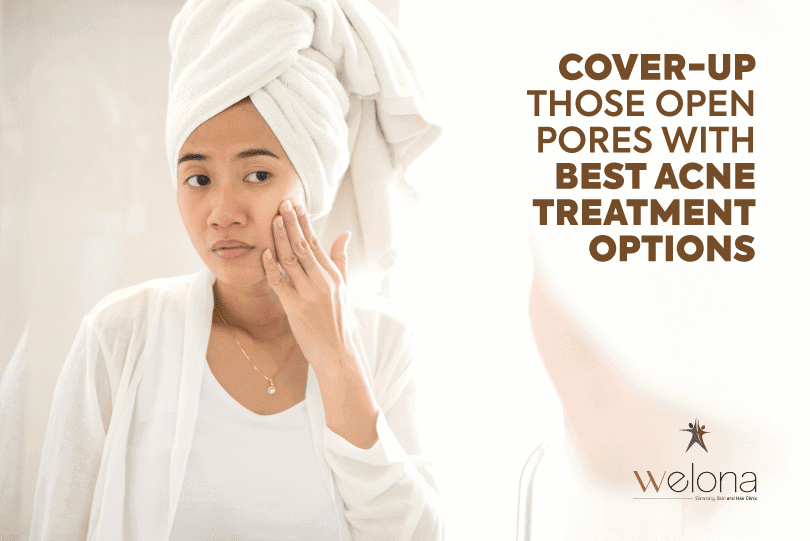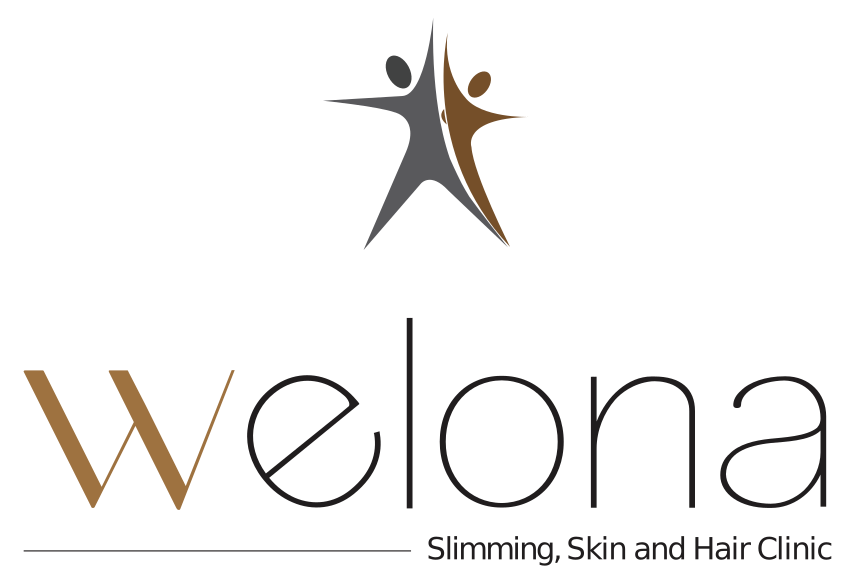
Dense hair follicles can be a cause for concern if you do not receive the right treatment for it at the right time. If left unchecked, it can aggravate matters at the subsequent stages. In the worst-case scenario, it can even lead to acne, a serious skin condition characterized by the eruption of whiteheads, blackheads, pimples, and papules. Acne is a burning problem for people of all age groups, especially among teenagers.
Here is how to solve acne problems.
Over-the-counter acne products often play a vital role in reducing skin conditions to some extent. Consulting a dermatologist helps better as they prescribe stronger medications. Skin specialists help with the prescribed products to control acne. These medications help to avoid scarring. Scars become less noticeable. These medications work to reduce the production of oil, thereby fighting bacterial infection and inflammation.
People from any age group, type, and severity may receive treatment for acne. Certain topical medications and drugs work as an orally prescribed medication for acne.
Topical medications – Retinoids and retinol-based drugs used as creams, gels, and lotions include vitamin A, Tretinoin, Adapalene, and Tazarotene. Daily use of these medications helps prevent the plugging of the hair follicles.
Oral medications – Antibiotics reduce bacteria. It is a well-known fact that antibiotics fight inflammation. Tetracycline (Minocycline or Doxycycline) is the best-recommended solution for acne. Antibiotics work by destroying excess bacteria and reducing redness. Antibiotic application in the morning and retinoid application in the evening is effective to some extent. These antibiotics come in combination with Benzoyl peroxide. Salicylic acid and Azelaic acid hold antibacterial properties and work well. These medications are not at all recommended during pregnancy and breast-feeding. Doctors often recommend Dapsone that cures inflammatory acne.
Combined oral contraceptives, approved by the FDA, are sometimes recommended for acne therapy. A combination of estrogen and progestin provides the benefits to this treatment. Its application for the first few weeks proves to be helpful.
Sometimes, doctors provide anti-androgen agents for women and adolescent girls. But, they often pose side effects.
Clinical Treatment for Acne Problems
There are plenty of clinical treatments for the reduction of acne problems.
Lasers and photodynamic therapy – These therapies use a variety of light-based treatments. Expert dermatologists and skin surgeons use the ideal method, light source, and dosage.
Chemical peel – The procedure employing chemical peels make use of a chemical solution on a repeated basis. Peels are composed of salicylic acid, glycolic acid, and retinoic acid. Repeated treatments are usually effective in reducing acne.
Whiteheads and blackheads extraction – Special tools gently remove whiteheads and blackheads (comedos) that haven’t cleared up with topical medications. This technique may cause scarring.
Steroid injection – Steroid injections are the best for the reduction of pimples and acne.
Dermarolling – an effective way to fight acne
Dermaroller is a useful instrument that creates micro pathways for products to penetrate through the skin. The procedure uses a needle (0.1 to 0.2mm), which creates pricks to develop space in between. Dermatologists supervise the treatment of skincare concerns. These treatment procedures also reduce scars and wrinkles. Micro-needling is also useful for Acne scars, Stretch marks, Traumatic scars, and skin aging. It works as a wound healing response. Dermalrollers give a smoother and plumper complexion.
Microneedling for acne scars cost Rs 6000 –8000 per roller (Original German rollers) and Rs 1500-3000 per roller (Korean and Chinese rollers). The procedure costs about Rs. 3000-9000 per session. There is a need for usually six sessions.
Is Dermarolling effective?
Dermarolling involves the use of a mini wheel with hundreds of needles to prick the skin gently. Dermaroller for acne pits work miracles for fading fine lines, clearing acne scars, and evening out the skin tone.
Skincare routine to combat acne problems
A daily skincare routine for acne is important. The skin care regimen helps to reduce and remove excess oil, clearing the pores and healing of existing blemishes. Daily skincare routine is effective to a great extent.
Step 1: Cleanse Gently – Fingertips or a soft washcloth is enough to cleanse your face thoroughly. The region of cleansing covers jawline, neck, and ears. One must not use rough pads or aggressive scrub. Extracts containing Salicylic acid or benzoyl peroxide provides the best result. It is essential to cleanse, rinse, and repeat as it helps reduce traces of makeup, sweat, and dust.
Step 2: Use Astringent or toner – Astringents helps remove excess oil, tone and keeps the skin hydrated. This solution is effective to fight blackheads and blemishes. A cotton ball or pad gently smoothens the face and neck. It helps to remove the traces of leftover makeup, residue, and oil. If your skin is severely acne-prone, drying acne treatments are an excellent choice for you. Alcohol-free products offer the best remedy for open pimples.
Step 3: Apply Acne Treatment Medications – Acne treatment creams are effective medication. Doctors must recommend these medications.
Step 4: Apply a Moisturizer or Gel (oil-free) – Reduction of dry and peeling skin is possible for acne-prone skin with the help of a light moisturizer. These moisturizers don’t make the skin sleek and greasy. Also, sun protection is important with the application of appropriate additional sunscreen products.
Proper acne treatments are appropriate for clear, acne-free skin. Daily skin care regimen is important to keep acne breakouts under control. For adequate skincare solutions and treatment options consider Welona, Slimming, Hair and Skin clinic in Chennai and boost the natural health of your skin.

